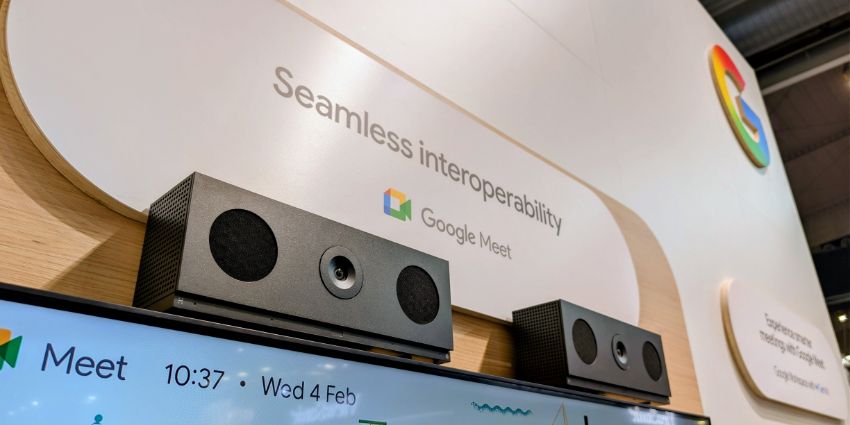The age of single vendors supplying complete enterprise software suites is over, according to Box CEO Aaron Levie.
Furthermore, the head of the cloud collaboration and storage business believes the familiar names that have dominated the enterprise market are about to be challenged by some of the biggest names in consumer tech.
In an interview with CIO, Levie argues that the growing emphasis on collaboration technology is driving a trend towards greater diversity in applications, not consolidation. Rather than tending towards single, monolithic shared workspaces which different communications and productivity tools, he argues that market trends reveal just the opposite happening.
Referring to a “decoupling of capabilities and technologies”, he suggests that businesses have over the past decade become increasingly more likely to purchase specific products from specialist vendors.
Like any good tradesman, businesses want the best in class of whatever tool they are using, plus the flexibility to build their own toolbox from scratch. Off the shelf complete packages somehow just don’t feel right.
When it comes to collaboration, the key is how well different comms, file sharing and desktop apps can be slotted together with others. Here, claims Levie, the consumer brands have an advantage. Not only are they focused on developing specialised, standalone products, they have the experience of making their products widely compatible through Open Source programming and internet hosting.
Innovation and Choice
Levie told CIO: “When you have providers of technology that focus on a specific area and build a best-of-breed technology, we just know empirically that customers get more innovation from that provider than a company that sort of has a ‘Swiss Army Knife’ where they put everything together into a gigantic portfolio or suite.”
“Customers get way more innovation because of choice, and that choice drives the need to have our technology be able to work together”
He added. “We’re entering an era of enterprise software where I want to be able to mix and match my tools from a set of vendors that might be five, 10, 20 different applications that I want to work together seamlessly.”
Enterprise tech has sought to imitate the flexibility and integrated functions offered by social media for the past decade. Now things are working the other way, with Facebook launching its first social productivity app for business, Workplace.
Except Facebook isn’t pretending it knows how to do business class UC, voice, video conferencing, file sharing and so on. Instead, it has recruited a group of IT partner companies to build specialist apps, while it focuses on what it knows – hosting, sharing, making it easy for people to connect.
Apple is similarly cementing strong bonds with the likes of IBM, Cisco, SAP and Deloitte, while Google has already established itself in the enterprise and collaboration market.
What all of these companies offer that no current enterprise vendor, bar Microsoft, can match is sheer scale of reach. They already run platforms that are in virtually every home and business. With interfaces that are already intuitively familiar to millions of users, that gives them an enormous competitive advantage.
Question is, will Microsoft build corporate collaboration into LinkedIn? How much will Workplace by Facebook impact UC vendors? Comments below…







